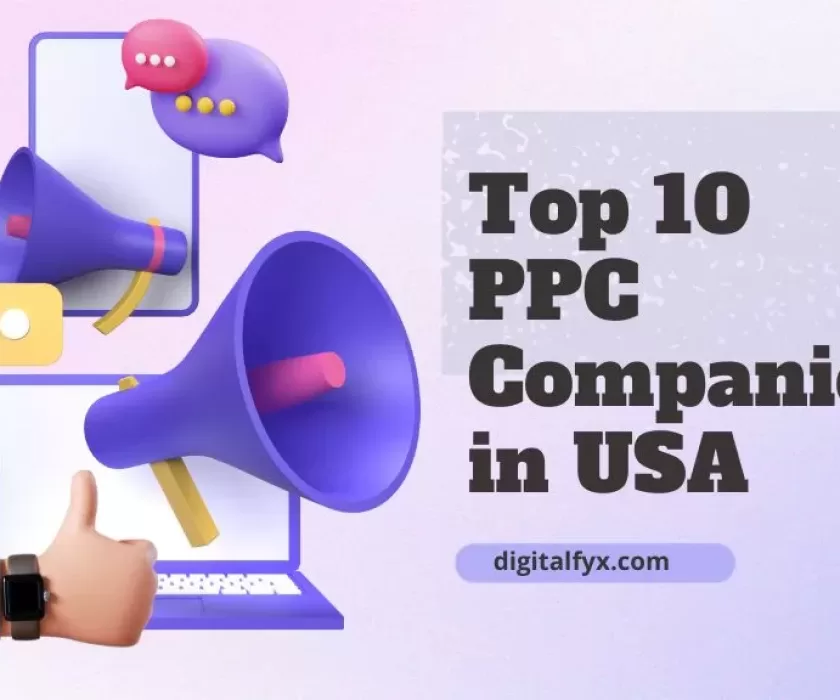The foundation of every effective digital marketing strategy is keyword research for campaigns. The keywords you target affect the outcome of your efforts, regardless of whether you are running paid advertisements or optimizing for organic search. You can maximize your return on investment, boost conversions, and attract relevant traffic with the appropriate approach. Today, in this guide, we will go over the best methods for performing keyword research for campaigns. These techniques apply to organic keyword research campaigns as well as sponsored ones. So, let’s go!
Organic Keyword Research
Organic keyword research is one of the primary methods to identify the terms your target audience is looking for. Then you have to develop content around those keywords to rank better in search engine results. Here, the secret is to know your target market like in an offline market. You also have to identify their problems and the terms people use while browsing the internet. Here, you can begin by using tools like Google Keyword Planner or SEMrush to find high-volume and low-competition keywords relevant to your niche.
A Pro Tip: Long-tail keywords tend to attract more qualified leads and are therefore more targeted and less competitive. This frequently results in higher organic traffic outcomes. For example, you could choose “best running shoes for flat feet” rather than a general word like “shoes.”
Your chances of ranking better, generating traffic, and eventually turning visitors into customers automatically increase when you match your content with what individuals are searching for. Consistent organic keyword research guarantees that your website remains relevant and visible in an ever-changing digital marketplace.
Paid Campaign Keyword Research
Paid campaign keyword research is slightly different from organic research. The sole reason here is that you are investing money to bid on keywords in platforms like Google Ads. Your goal here is to find keywords that offer the best balance of search volume, competition, and cost-per-click (CPC).
To begin with, examine the ads of your rivals. This will help you determine which keywords they are bidding on. Make use of this data to spot any loopholes in their strategy. By doing so, you will have opportunities to outbid them or keywords they might have missed. You can find these insights with the use of tools such as Ahrefs & SpyFu.
A Pro Tip: Remember that the costliest keywords are not necessarily the best options. Sometimes, lower-cost, high-intent keywords can produce greater results since they attract people who are far more likely to convert. Keyword research for paid campaigns is a continual process; and to maximize your return on investment here, you must constantly evaluate & modify your keywords based on performance data.
Top Methods for Effective Keyword Research
Use a combination of methods that blend human understanding and data-driven technologies to perform efficient keyword research. The following are a few of the best keyword research techniques:
1. Competitor Analysis
Look at the keywords used by your rivals to see what strategies they are doing and where you can improve.
2. Use of Keyword Research Tools
Use tools like Ahrefs, SEMrush, and Google Keyword Planner to identify keywords that correspond with your company objectives.
3. Customer Feedback
Listen to your customers. Their language, questions, and concerns can inspire valuable keyword ideas.
4. Search Engine Suggestions
You can find long-tail keywords and often searched-for related queries by using Google’s autocomplete tool.
5. Content Gap Analysis
Find the keywords that you are not ranking for but your rivals are. Create content to cover such necessary voids.
Optimize Keywords for Both SEO and Paid Ads
Finding a balance between targeting high-volume terms and those with obvious commercial intent is most important to effective keyword research for SEO and PPC. For SEO, you have to concentrate on keywords that fit your content strategy, are somewhat competitive, and speak to the demands of your target audience. Selecting keywords for PPC with the highest conversion rate at the lowest expense is the aim.
Including PPC and SEO keyword strategies together might also have a significant positive synergy. Your organic content strategy might benefit from knowing which keywords work well in sponsored advertising, and vice versa. To improve your organic efforts and make sure your content is optimized for the keywords that matter. You can use data from your paid campaigns.
Keyword Strategy for Organic and Paid Ads
An all-encompassing keyword strategy for organic and paid ads requires a holistic approach. Here, you can begin by determining your company’s objectives. Then, match your keyword research to these goals. For organic marketing, you must focus on creating a website with lots of content that targets long-tail keywords and addresses common queries from your audience. Now coming to the paid ads, it is advised to spend your money on keywords that have the best return on investment (ROI) and keep improving your ad wording and prices.
Additionally, go over and update your keyword lists regularly. The digital world is changing, therefore strategies that were effective yesterday might not be so now. That’s why you have to make sure that your keyword strategy continues to be successful and produces consistent results for organic as well as paid campaigns by remaining adaptable & trend-aware.
You will have a great handle on keyword research for campaigns if you adhere to these tactics. Always keep in mind that the cornerstone of every effective campaign is knowing your target and using keywords strategically to speak their language.





